Born in Japan, Kyoko Miyake studied history at Tokyo University and then moved to Britain to research the history of witchcraft at Oxford. Her film “Brakeless” won a Peabody Award after airing on PBS and BBC. Her first film, “My Atomic Aunt”, was supported by the Sundance Institute Documentary Fund, BBC, WDR, and NHK, and it was recently broadcast on PBS. Hackney Lullabies won the Berlin Today Award at the 2011 Berlin International Film Festival.
On the occasion of “Tokyo Idols” screening in Fantasia, we speak with her about the film, the concept of “Idols” in Japan, and many other topics.
“Τokyo Idols” is part of the Asian selection at Fantasia International Film Festival

What made you decide to deal with this particular subject? How long for did you have to follow RioRio and her career? Do you still talk to her? What is she doing now?
When I became aware of the current form of Idol Culture, which became prominent several years ago, it reminded me of my girlhood, how I felt growing up as a girl in Japan. I wanted to explore what made me uncomfortable and what has/has not changed. I followed Rio and her brothers over two years. We're still in contact. She is as active as ever, just touring all over Japan, and occasionally does overseas concerts where Japanese idols are becoming popular.
The documentary is quite objective, and does not seem to take sides regarding the topic. I have to ask though, what is your take on the whole ” Idols” issue? About the fans, the girls, and the parents.
I started off being fairly critical of the subject, having spent the last 15 years living and working in the UK. As I became more familiar with the scene and with the individual fans, I started to understand where they were coming from, the deep sense of loneliness and anxiety they were feeling, it forced me to readjust some of my views about them. While I don't condone their behavior and their notion of women, I have a deeper understanding about why they have to do what they do.

Do these girls actually have personal lives? What happens to them if they grow up before they become actual singers?
Most of them leave the idol scene after a few years. Some go back to their studies, some take up a regular job and some become tv celebrities. Since Idol culture is so widely accepted, having been an idol in your youth is not stigmatizing or limits your options afterwards.
Is there in fact some underlying sexual sentiment, from the fans towards the girls? Does this extend even towards the idols who are “undeveloped” as one of the fans called them?
There is certainly some underlying sexual sentiment, which is tightly controlled by the management as well as by the fans themselves. The idol scene is full of both written and unwritten rules and there is a self-policing aspect to the community. If a fan does not follow the rules, he/she gets removed from the scene by the fans and the management.

There is a suggestion in the documentary, that the “idols” concept may be one of the reasons Japanese people do not date or want to have relationships any more. Do you think that is actual the case? In general, what is your opinion about “dating” in Japan at the moment?
I believe there is a growing disconnect between men and women in Japan, in general. It's like we're living in the same country, but looking away from each other. The idol culture fills in the gap. So in that sense, the idol concept is more a result of the growing alienation rather than the cause.
As you were following the various idols, did you ever felt that all this sympathy and cheerfulness they show towards their fans is made up?
I wouldn't say it is made up or fake. But the idols certainly make sure the fans know they care about them. I believe most idol girls are really grateful for the fans devotion as they know that their success depends on the fans devotion.
What are your plans for the future?
I am developing my first narrative feature as well as my next documentary project. I have always wanted to make both documentary and fiction films. I'm also very interested in a long form of storytelling on tv and streaming services.


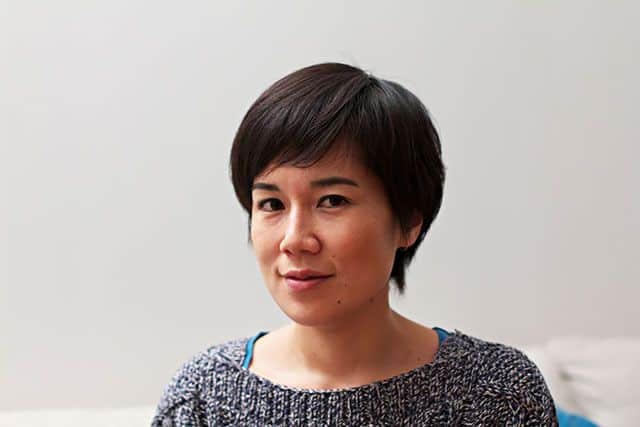
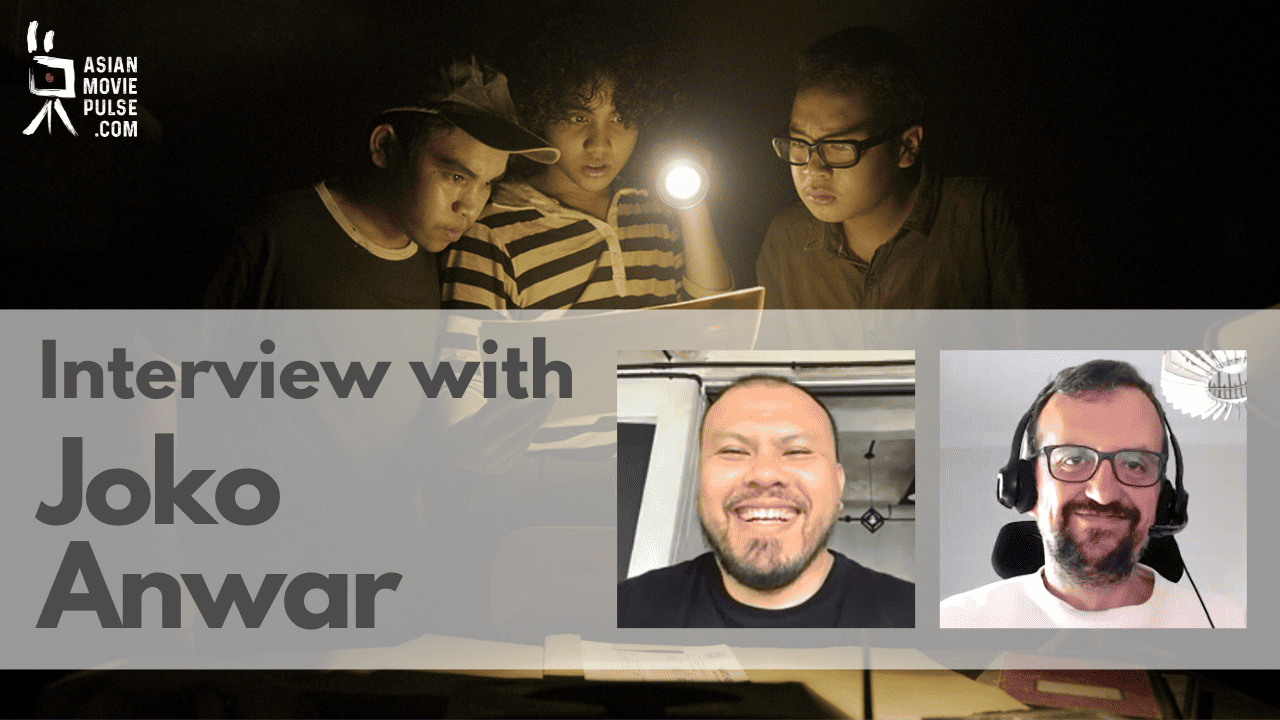

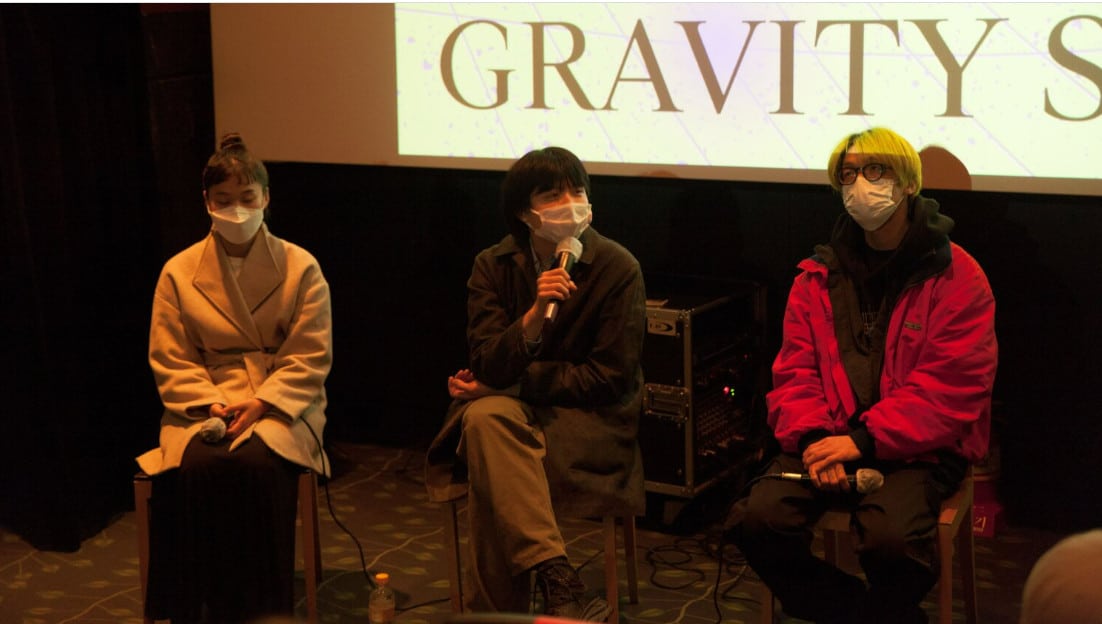
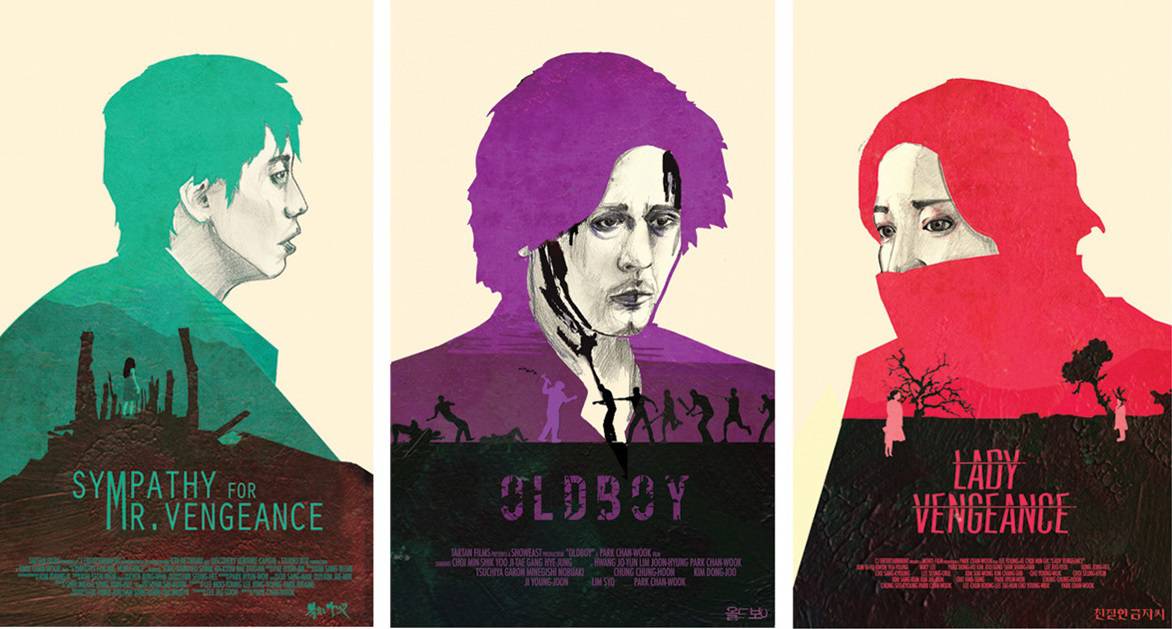
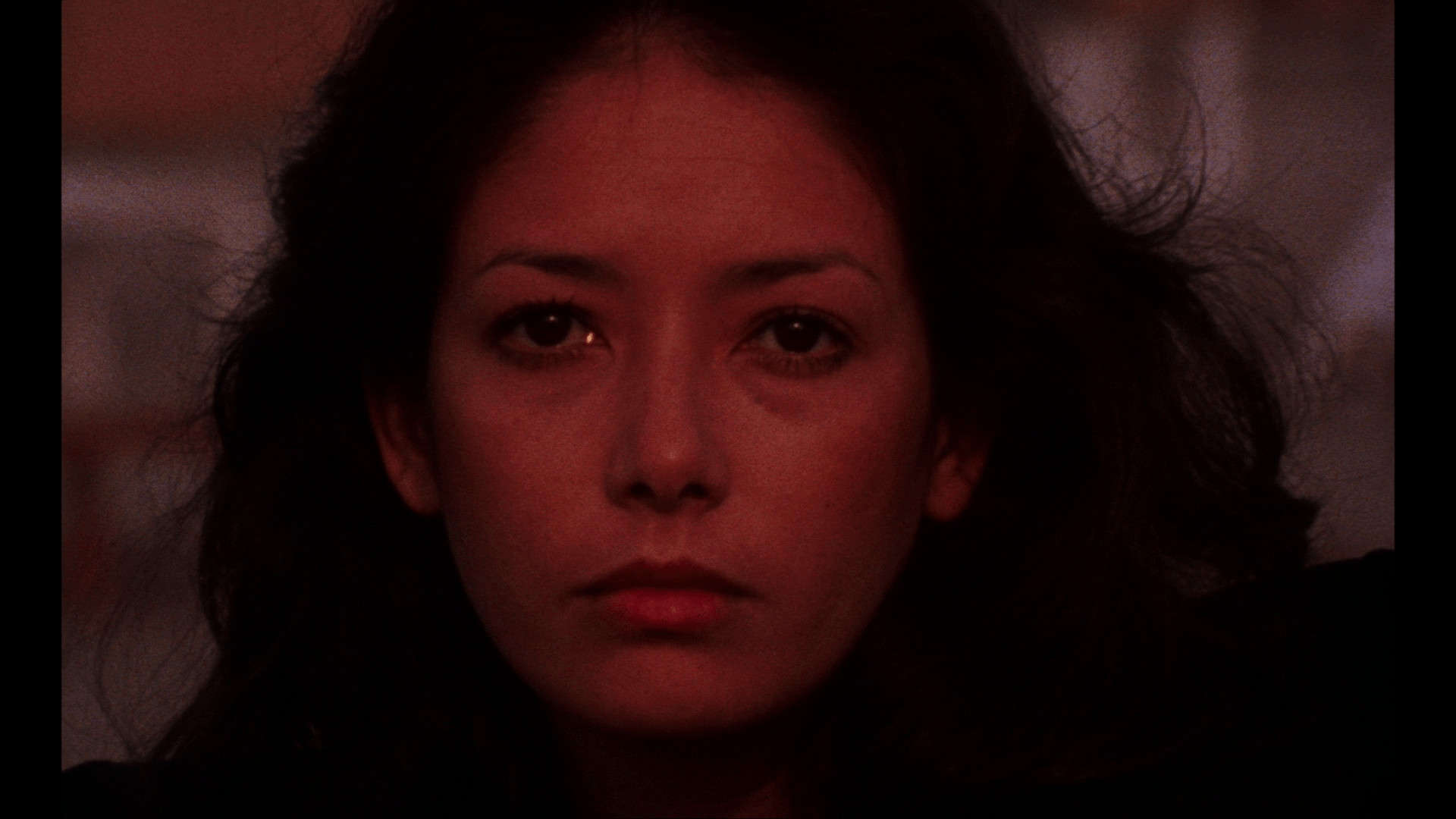








Perhaps Kyoko should follow the opposite side of the coin and do a documentary on male idols and their fans. See how similar or different it is…
that’s a great idea! wonder if that will be in her next documentary project. :^)